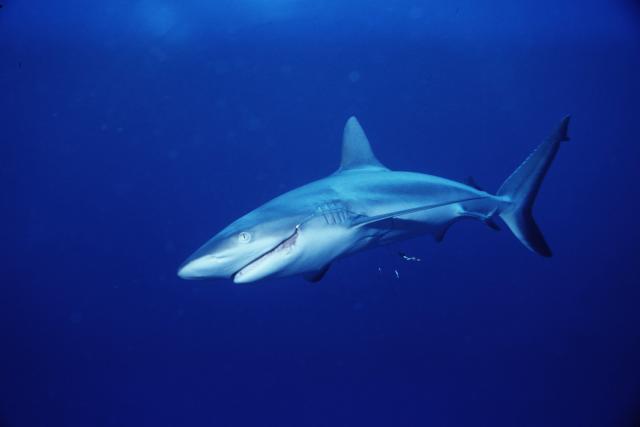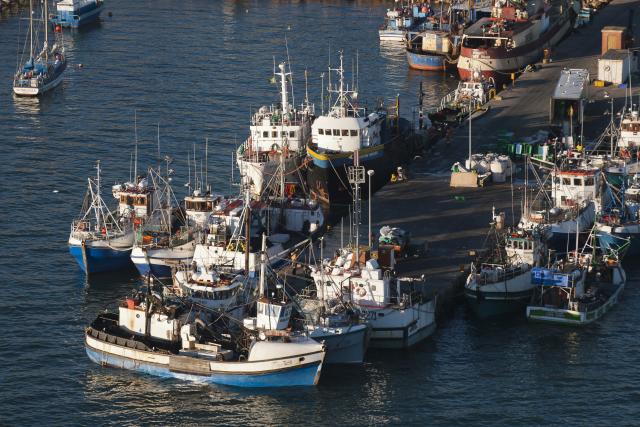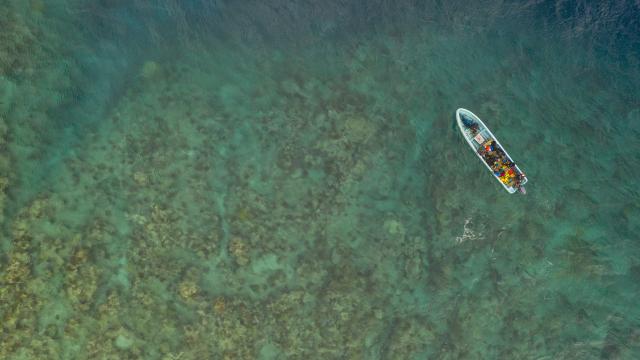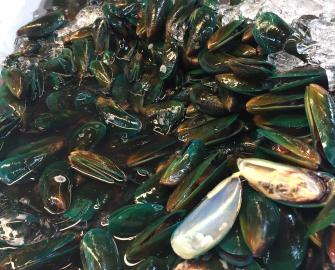
What is the Seafood Jurisdictional Initiative
The Seafood Jurisdictional Initiative was previously known as the Seascape Approach. It aims to promote the health of the oceans and the safeguarding of people in seafood production. It plans to do this by integrating marine conservation practices into fisheries and aquaculture. It considers the social welfare within a jurisdictional boundary. This can be at a national, regional or international level.
The Seafood Jurisdictional Initiative uses ecosystem-based and science-based targets approaches in protecting the health of our oceans. Essential elements described in the Seafood Jurisdictional Initiative Guidelines include;
- Ending illegal and over-fishing, recovery of threatened marine wildlife
- Supporting well-managed Marine Protected Areas (MPA) including fish nursery grounds
- Restoring critical marine ecosystems
- Protecting coastal and intertidal blue carbon ecosystems
- Addressing climate change crisis
- Benefitting human well-being

An example of Seafood Jurisdictional Initiative
Parties to the Nauru Agreement (PNA) is a good example of the Seafood Jurisdictional Initiative in practice. Here, the seven island countries listed below have agreed to manage 25% of the world’s tuna resources together, since 1982.
- Micronesia
- Kiribati
- Marshall Island
- Naura
- Palau
- Papua New Guinea
- Solomon Islands
- Tuvalu in the South Pacific
This has helped to enforce regulations which safeguard the health of tuna stocks.
Why does business need the Seafood Jurisdictional Initiative
Humankind faces a triple challenge over the next 30 years;
- Feeding a growing population
- Staying on track to keep global warming below 1.5°C
- Reversing biodiversity loss
Certification is an important tool in the journey towards sustainable seafood production. But, alone it cannot stop global overfishing. Nor can it remove the risk to endangered marine wildlife or safeguard human rights. Seafood sourcing and policy needs to move beyond certification to address the triple challenge. And so, the Seafood Jurisdictional Initiative provides a possible solution.
The WWF Basket sets out actions to reduce the environmental impact of the average shopping basket. This includes an ask for UK businesses to adopt the Seafood Jurisdictional Initiative. By doing this, we hope to achieve the target of 100% seafood from sustainable sources by 2030.

What do we do
By working together, businesses, seafood producers and governments can help nature and people. They can transform industry practices and support policy reforms for the whole seascape.
We will work with our partners and other seafood companies to begin this new seafood journey. We are starting with tuna, as set out in Transforming the Future of Tuna. The Tuna and Wild-Caught Seafood Sourcing Issue Identification Checklists are tools we have developed for seafood buyers. Using these tools, they can measure the progress of the Seafood Jurisdictional Initiative.
WWF will continue to work with other organisations to develop pilot projects on this initiative.
Related content




